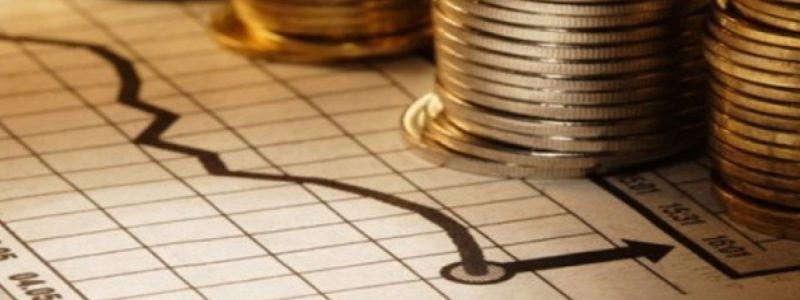
Ukraine is developing an ambitious economic strategy for Donbas and in September its roadmap may be presented to the Cabinet of Ministers of Ukraine, said Vice Prime Minister of Ukraine – Minister for Reintegration of Temporarily Occupied Territories, First Deputy Head of the Ukrainian delegation to the Trilateral Contact Group Oleksiy Reznikov.
“Ukraine is currently developing an ambitious new economic strategy for the east of the country. A key focus is the development of the parts of Donetsk and Luhansk regions currently under Ukrainian control. This approach is perhaps best described as a Ukrainian take on the notion of “special status” for the region, with the goal of transforming the investment climate and implementing a new economic model at the regional level. According to his idea, this process should begin to gain momentum as soon as possible in the regions of Donbas, which are currently under the control of the Ukrainian government, and then it could spread to the regions occupied by Russia after their liberation.
Reznikov said that investors work in hot spots in the modern world, and he held dozens of conversations with foreign diplomats, international business representatives and Ukrainian investors who are much more concerned about the state of the Ukrainian justice system than proximity to the front lines.
“Our goal is to create a special investment regime in the part of Donbas controlled by Ukraine. We consider the extension of the rules of international commercial arbitration to the region as an integral part of these plans. Additionally, the Ukrainian state should assume at least some of the insurance burden against the kind of political and military risks that are hard for investors to predict. To help make this approach sustainable, we envisage a special-purpose fund to encourage and assist investments rather than relying on donor aid,” he said.
The Deputy Prime Minister hopes to present to the Ukrainian government a roadmap for the economic development of Donbas in September. “It will then take an estimated six months to prepare the necessary bills. This will require expert input. Ideally, this input would come direct from potential future investors,” he said.
Reznikov drew attention to the need to “set the right tone from the outset. This is not a matter of crisis relief for the Donbas, but a bid to create an advanced and innovative economic zone that can have a positive impact on the whole of Europe.”
In his opinion, in the context of the crisis caused by the coronavirus epidemic, Ukraine is ideally suited for diversifying production outside China and having high-quality production facilities closer to the EU countries, and the Donbas region has many specific characteristics necessary to play a leading role in this process.
Reznikov considers it obvious that in the seventh year of the war, the Russian interpretation of “special status” is unacceptable for Donbas.
“Rather than helping to resolve the conflict, Moscow’s approach is tailor-made to precipitate the disintegration of Ukraine. The sooner this dead end model is discarded, the better. A durable peace can only be achieved by creating a brighter future for the people of eastern Ukraine that undermines Russia’s ability to destabilize Ukrainian society,” he said.
Ukraine’s deputy prime minister drew an analogy that European investment could create a “new era of growth opportunities” in Donbas, as they once turned the region into one of the continent’s industrial engines in the nineteenth century.
Reznikov also pointed out that the aggression of the Russian Federation “destroyed the Donbass of the pre-war era” and it is already pointless to talk simply about “restoring the region”, and instead, one should focus on creating a new economy.
“The rebuilt and renewed Donbas can become the center of new approaches to production. The tragedy of the war has turned Ukraine’s industrial centers into ruins, but this devastation also creates space for bold innovations and original thinking, which are not always possible in more developed economic conditions,” he said.